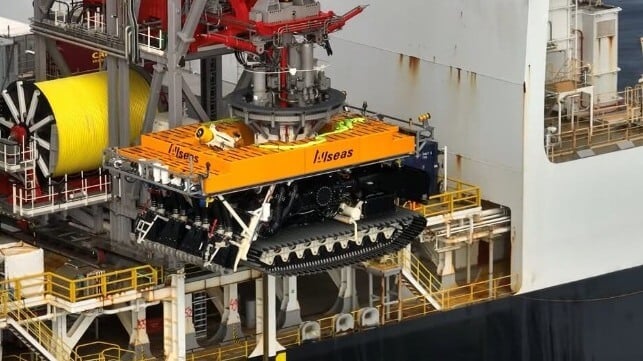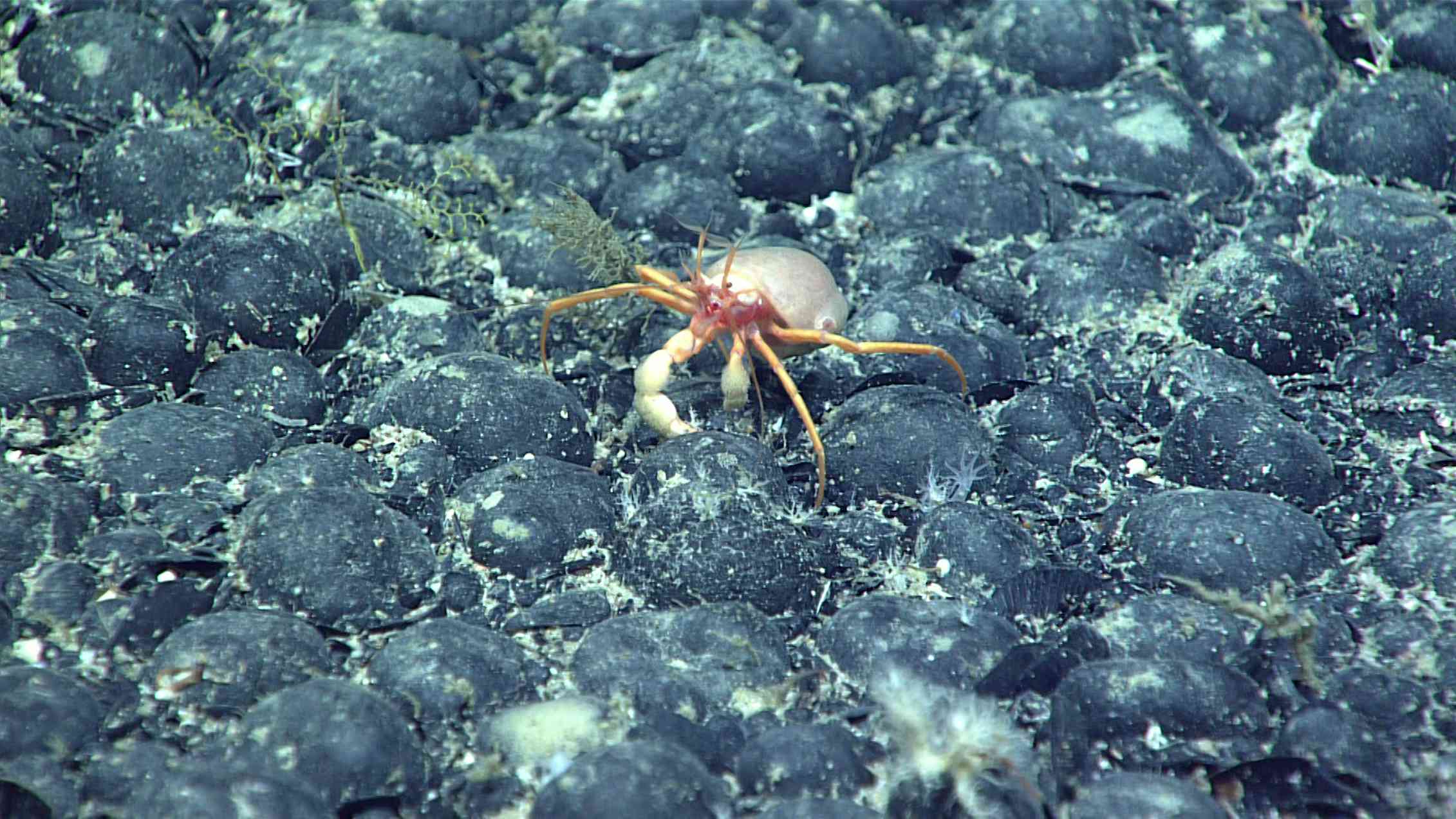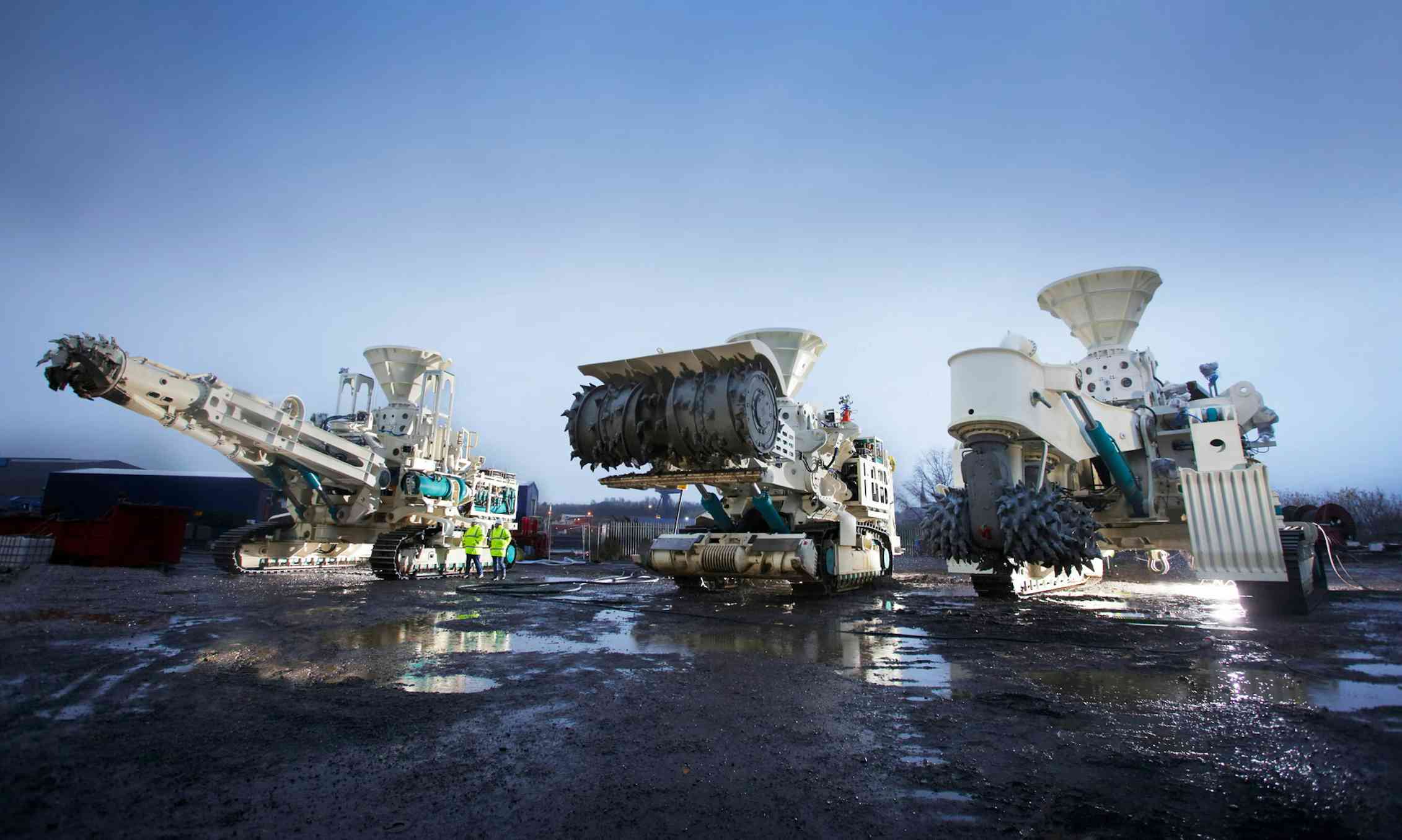Pacific Island Nations are Divided Over Deep Sea Mining

[By Kolaia Raisele and Aidan Craney]
In recent years, Pacific island nations have earned global credibility as champions of climate action. Pacific leaders view sea level rise as an existential threat.
But this united front is now under strain as some Pacific nations pursue a controversial new industry – deep-sea mining. Nauru, the Cook Islands, Kiribati and Tonga have gone the furthest to make it a reality, attracted by new income streams. But nations such as Fiji, Palau and Vanuatu have called for a moratorium on deep-sea mining in international waters.
Public opinion across the Pacific is often divided, pitting possible economic gains against the potential risks of an industry whose environmental impact remain uncertain but potentially significant. As this tension intensifies, it may split the Pacific and risk the region’s moral authority on climate.
What are the concerns over deep-sea mining?
Deep-sea mining targets three types of mineral deposits – polymetallic nodules strewn across deep underwater plains, cobalt-rich crusts on seamounts, and the ore deposits around hydrothermal vents.
To extract them, mining companies can use unmanned collectors to pump ore to the surface and return the wastewater. This creates plumes of sediment which can smother marine life. Methods of minimizing damage to species from mining on land are largely unworkable at depth.
Deep-sea ecosystems are poorly understood, but we know they are slow to recover. Researchers have found areas mined as a test more than 40 years ago still show physical damage and immobile corals and sponges remain scarce.
 Many species live on the seabeds, seamounts and hydrothermal vents which would be targeted for mining. Pictured: a crab crawling across a field of polymetallic nodules near Gosnold Seamount. NOAA, CC BY-NC-ND
Many species live on the seabeds, seamounts and hydrothermal vents which would be targeted for mining. Pictured: a crab crawling across a field of polymetallic nodules near Gosnold Seamount. NOAA, CC BY-NC-ND
Why is there so much interest in deep-sea mining?
Deep-sea mining hasn’t begun anywhere in earnest, because the International Seabed Authority has yet to finalize rules governing extraction. This authority oversees the 54% of the world’s oceans beyond territorial waters.
But plans for deep-sea mining operations can still be submitted and considered without these rules in place.
Analysts have estimated seabed minerals could be worth a staggering A$30 trillion. Some of the richest deposits lie in the Clarion-Clipperton Zone in international waters between Hawaii and Mexico, thousands of kilometers away from Pacific nations. Under international law, companies cannot mine in international waters on their own. They need to be officially sponsored by a national government, which has to keep effective control over its operations.
One reason deep-sea mining companies see Pacific states as such useful partners is that these countries can access reserved areas of international seabed set aside for developing countries, as well as potential resources in the very large territorial waters around many island states.
Backers in Nauru, Tonga, the Cook Islands and Kiribati argue rising demand for manganese, cobalt, copper and nickel could deliver significant economic returns and diversify economies.
Nauru
Nauru’s enormous deposits of guano – compressed seabird excrement long sought as fertilizer – once made the country wealthy. But the guano is largely gone and the small nation has limited other resources.
Nauru sponsors Nauru Ocean Resources, a wholly owned subsidiary of seabed mining company The Metals Company. In 2011, the company received an International Seabed Authority contract permitting exploration of polymetallic nodules in the Clarion-Clipperton Zone, more than 8,000km from Nauru.
Nauru has since “proudly taken a leading role” in developing international legal frameworks in mining nodules in the international seabed. In June, Nauru signalled Nauru Ocean Resources would apply for an exploitation license.
Tonga
Tonga’s government is similarly backing deep-sea mining by partnering with The Metals Company to explore mining in the Clarion-Clipperton Zone.
In August 2025, Tonga signed an updated agreement with Tonga Offshore Mining, a subsidiary of The Metals Company. The agreement was originally signed in 2021 amid large-scale criticism over the lack of public consultation.
The mining company has promised new benefits, ranging from financial benefits, scholarships and community programs. Even so, the revised deal has encountered opposition from civil society, young people and legal experts. Prominent Tongans remain unconvinced, citing environmental, legal and transparency risks.
Economic pressure is part of the picture. Tonga owes an estimated $120 million to China’s Exim Bank – roughly a quarter of its annual GDP.
Cook Islands
The 15 Cook Islands are widely scattered, giving the government exclusive rights to almost two million square kilometers of ocean. The government has issued exploration licenses inside its Exclusive Economic Zone to three companies – Cook Islands Consortium, CIIC Seabed Resources Limited, and Moana Minerals. The Cook Islands government has established a domestic regulatory framework and is building research capacity.
Kiribati
Kiribati’s atolls and island are even more dispersed. The nation’s exclusive economic zone covers about 3.4 million km². The state-owned Marawa Research and Exploration company holds a 15-year exploration contract with the seabed authority. Kiribati has opened talks with China to explore potential collaboration.
The Pacific split
While revenues could potentially be sizeable for the Pacific, costs, technologies and environmental liabilities are highly uncertain.
The experience of Papua New Guinea is a cautionary tale. In 2019, the PNG deep-sea mining venture Solwara-1 went into administration following intense community pushback. The fallout cost the government an estimated $184 million. The PNG government now opposes deep-sea mining in its territorial waters.
 Nautilus Mineral’s Solwara-1 deep-sea mining project in Papua New Guinea wound up in 2019. Pictured: the company’s three seabed mining vehicles. Credit Nautilus Minerals / handout image
Nautilus Mineral’s Solwara-1 deep-sea mining project in Papua New Guinea wound up in 2019. Pictured: the company’s three seabed mining vehicles. Credit Nautilus Minerals / handout image
While deep-sea mining now has clear backers, other nations are far more wary.
In 2022, Palau launched an alliance calling for a moratorium on mining in international waters. Early signatories included Fiji, American Samoa and the Federated States of Micronesia. Since then, Tuvalu, Vanuatu and the Marshall Islands have joined, as well as dozens of other countries. PNG has not yet joined.
Opposition from these Pacific states is based on the precautionary principle, which favors caution when knowledge is limited and damage is possible.
Pacific youth are among the most prominent opponents of deep-sea mining. The regional Pacific Blue Line coalition uniting civil society, faith groups, women’s organizations and youth networks has consistently called for a complete ban in the region. Young people have spoke out publicly in nations such as Tonga, where youth advocates criticized limited consultation and rallied against the plans, as well as the Cook Islands, where young people have demanded transparency.
Reputation under a cloud?
Pacific leaders have built a worldwide reputation for their principled climate diplomacy, from championing the 1.5°C goal to the major new advisory opinion on climate change issued by the world’s top court in response to a case instigated by students from the University of the South Pacific.
If some Pacific leaders open the door fully to deep-sea mining, it risks undermining the region’s united front on environmental issues and threatens its credibility.
The way this plays out will shape how the world hears the Pacific on climate and the oceans in the years ahead.
Kolaia Raisele is a PhD Candidate in Anthropology, La Trobe University.
Aidan Craney is a Research Fellow in Anthropology and Development Studies, La Trobe University.

that matters most
Get the latest maritime news delivered to your inbox daily.
This article appears courtesy of The Conversation and may be found in its original form here.

The opinions expressed herein are the author's and not necessarily those of The Maritime Executive.
